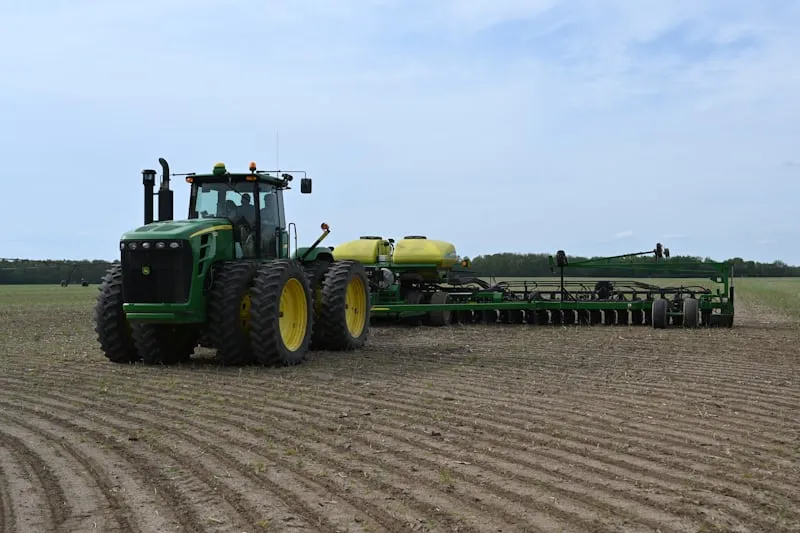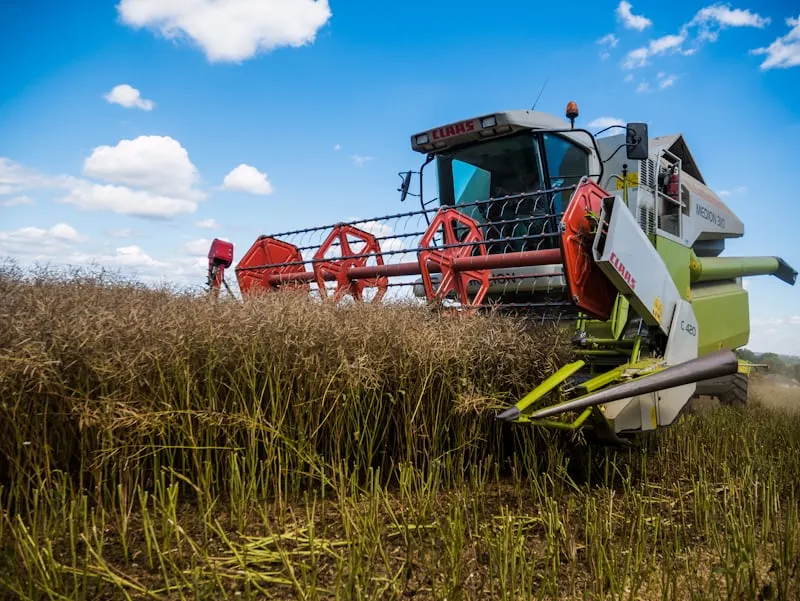Hello, everyone.
I welcome you to my blog. It is no new news that agriculture has gone past the days where we completely depended on manpower or animal power to carry out agricultural activities; science and technology have helped the world to evolve, and things are completely different from what they used to be.

Those days we completely depended on for man and animal power to do anything and this caused drudgery both for man and animals, but today, the evolvement of technology has made machines available for every farm activity that we want to carryout which now gives us multiple options to choose from when we want to carry out agricultural activities.
Those days to till and plough the soil, we only had manpower and animal power at our disposal, but today we have tractors. It is amazing how technology offered us machines for everything. Today we have planters, harvesters, and drones for spraying chemicals, both pesticides and herbicides. Technology has made farming easier than it used to be, but sadly for so many reasons we cannot have access to this easy farming in my country, Nigeria.
One of the major problems of agriculture in my country is the lack of mechanization; many Nigerian farmers still depend on manpower and animal power to get things done, and this has greatly affected the production rate of the country, crop yield, and the speed at which farm activities are carried out. We all know that when use machines to carry out any activity, it is always fast and efficient while using man power or animal power can be time wasting as the animal or man needs to rest.
Farm mechanization in layman's terms can be defined as the use of farm machinery to carry out farm activities or agricultural activities.
A lot of things have stood in the way between Nigerian farmers and access to farm mechanization, and a few will be discussed in subsequent paragraphs:
Scattered farm holdings or farm holdings in small sizes: For this I will be using my mom's farm as an example; she owns at least half a plot in five different locations that are quite far from each other. Mechanizing farms like this becomes a problem; even the operator will get tired of moving around after every few minutes, and this is also another thing that hinders farm mechanization.
They are not cheap: Many farmers are not financially buoyant enough to afford these farm machineries, and since our government cares less about the agricultural sector of the country, they have not made much available, even if it is a government-sponsored program where farmers can buy or rent farm machineries at a cheap rate should have been made available and that way farmers who are not financially buoyant can afford to use farm machineries on their farms.
Illiteracy of farmers: Many farmers in Nigeria are not educated and do not see any reason to leave their traditional way of farming and adopt farm mechanization.
Spare parts are not readily available: many of the machines, if not all of them, are not manufactured within the country; that is to say, when some parts wear out, when there is a breakdown, and a new part is needed, you come to realize that an importation must be done, and when you calculate the cost of doing so, sometimes many machinery owners just abandon the machine and allow it to waste. Due to the unavailability of spare parts, many functional machines have been turned into scraps.

For now let's end here; there are many other things that have hindered farm mechanization in Nigeria, but I feel the few stated above are the major reasons farm mechanization has not been fully adopted in Nigeria.